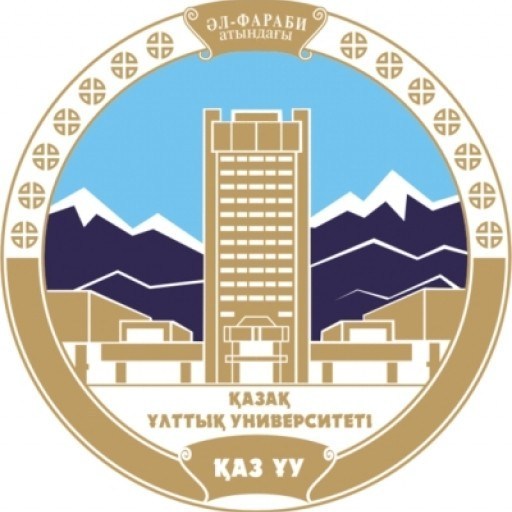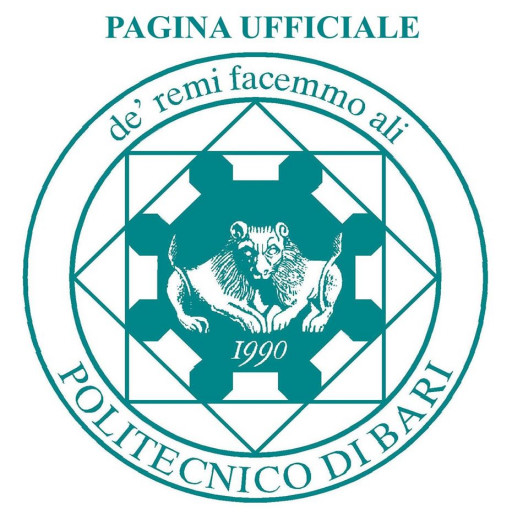Photos of university / #oxford_uni
The MSc in Autonomous Intelligent Machines and Systems at the University of Oxford offers an innovative and interdisciplinary programme designed to equip students with a comprehensive understanding of the foundational principles, technological advancements, and ethical considerations associated with autonomous systems and intelligent machines. This programme brings together expertise from computer science, engineering, robotics, and artificial intelligence to provide a rigorous curriculum that prepares graduates for cutting-edge research, development, and deployment in various industries. Throughout the course, students will explore topics such as machine learning, perception, decision-making, control systems, and human-robot interaction, gaining both theoretical knowledge and practical skills through hands-on projects and laboratory work. The programme emphasizes the importance of ethical awareness and societal impact, encouraging students to critically assess the implications of autonomous technologies in real-world applications. Students will have access to state-of-the-art facilities, including advanced laboratories for robotics and AI experimentation, fostering an environment of innovation and discovery. The curriculum is designed to develop not only technical expertise but also problem-solving abilities, teamwork, and communication skills essential for leadership roles in the field. Collaborations with industry partners and opportunities for interdisciplinary research ensure that graduates are well-prepared to contribute to developments in autonomous vehicles, intelligent manufacturing, healthcare robotics, and other emerging sectors. Graduates of this MSc programme will be equipped to pursue careers in academia, industry, or entrepreneurship, where they can lead the design, analysis, and implementation of autonomous intelligent systems, shaping the future of technology and society.
The programme provides a comprehensive, state-of-the-art view of autonomous intelligent systems, combining theoretical foundations, systems research, academic training and industry-initiated projects and thus mixing both practical and theoretical aspects of intelligent machines and systems.
The first year is oriented towards developing your knowledge base. You will take around 14 courses, each lasting one to two weeks, and your day comprises lectures each morning with laboratory sessions each afternoon. You will undertake two eight- to ten-week mini-projects, precursors to your DPhil study, to hone your research skills and shape your main research area. You will meet your supervisor regularly to assess progress and discuss academic issues.
Years two to four see an increasing emphasis on individual research. A summary of projects is produced each year by supervisors, but you will be encouraged to develop projects based on your own research ideas within the four key research themes of robotics, vision and perception, machine intelligence and multi-agent systems, control and verification, and M2M (or the 'Internet of Things'), and secure sensing and actuation. Training will continue in academic reading, writing and presentation skills, business and commerce (to include innovation and IP curatorship and entrepreneurship), career development and planning, and ethics and law, where the societal implications of autonomous systems will be considered.
Research seminars are used to discuss papers, for rehearsing conference talks and for building links between groups. An annual workshop gives the opportunity to present research to students, industrial partners and invited researchers from other universities. Industrial collaborators are invited to share their latest problems and market trends and to discuss opportunities for future collaboration.
You will spend one or two months over the second or third summer in an industrial lab to gain experience in industry-led projects and expanding your horizons by engaging in an AIMS topic that is not your main one. After the end of the internship, further interaction will be encouraged by inviting your industrial supervisors to join your group in Oxford for short periods.
You will also be encouraged to take demonstrations of your systems to companies, government departments, as well as schools. In the fourth year, the cohort help organise the annual workshop, inviting keynote speakers, participating in the program committee, reviewing papers submitted by second and third year students, and publicising the workshop to universities and industrial partners beyond those directly involved in the CDT.
You will be assessed continually throughout the first year during courses and projects and at its end the CDT supervisors will assess whether sufficient progress has been made to continue to the research phase. At the end of the second year, you will be required to write a report and give a presentation on your research, and to present a detailed and coherent plan for the research-intensive phase in the third and fourth years of your doctoral studies. Progress towards completion is again formally assessed some way into the final year of study.
For the DPhil you will be required to submit a substantial thesis which is read and examined by experts in the field, one from the department and one from elsewhere. Often the thesis will result in the publication of several journal and conference papers.
Applicants are normally expected to be predicted or have achieved a first-class or strong upper second-class undergraduate degree with honours (or equivalent international qualifications), as a minimum, in computer science, engineering, physics, mathematics, statistics or other related disciplines. A previous master's qualification is not required.
Candidates will need to demonstrate a broad interest in the four AIMS themes:
- robotics, vision and perception
- machine intelligence and multi-agent systems
- control and verification
- pervasive networked sensing and actuator systems
For applicants with a degree from the USA, the minimum GPA sought is 3.7 out of 4.0.
If you hold non-UK qualifications and wish to check how your qualifications match these requirements, you can contact the National Recognition Information Centre for the United Kingdom (UK NARIC).
- Official transcript(s)
- CV/résumé
- Statement of purpose/personal statement:1,000 to 1,500 words
- References/letters of recommendation: Three overall, all of which must be academic
ENGLISH LANGUAGE REQUIREMENTS
Higher level
|
est |
Standard level scores |
Higher level scores |
||
|
IELTS Academic |
7.0 | Minimum 6.5 per component | 7.5 | Minimum 7.0 per component |
|
TOEFL iBT |
100 |
Minimum component scores:
|
110 |
Minimum component scores:
|
| Cambridge Certificate of Proficiency in English (CPE) | 185 |
Minimum 176 per component |
191 |
Minimum 185 per component |
| Cambridge Certificate of Advanced English (CAE) | 185 |
Minimum 176 per component |
191 |
Minimum 185 per component |
The University of Oxford offers a range of funding options for students enrolled in the Autonomous Intelligent Machines and Systems program. These include government-funded scholarships, university bursaries, and external grants designed to support postgraduate studies. The university encourages prospective students to explore the OxfordFunding website, where detailed information about scholarships, studentships, and grants is provided. Many scholarships are merit-based, awarded to applicants demonstrating exceptional academic achievement and potential in the field of autonomous intelligent systems. Additionally, the university collaborates with industry partners and research institutions to offer funded projects and fellowships. For international students, there are specific scholarships aimed at promoting diversity and attracting global talent to the program. Students are advised to check the eligibility criteria and application deadlines well in advance, as these financial awards often require separate applications and supporting documentation. Apart from scholarships, students may also consider loans, part-time work opportunities within the university, and external funding sources from government agencies or private foundations. The university’s financial aid office provides comprehensive guidance to help students navigate the application processes for various funding options. It is important for applicants to prepare a compelling personal statement and gather relevant academic transcripts to enhance their chances of securing financial support. Overall, the university strives to ensure that financial obstacles do not hinder talented individuals from pursuing advanced studies in autonomous intelligent machines and systems, fostering innovation and research excellence in this rapidly evolving field.
The MSc in Autonomous Intelligent Machines and Systems at the University of Oxford is a cutting-edge postgraduate program designed to equip students with advanced knowledge and skills in the interdisciplinary fields of robotics, artificial intelligence, control systems, and machine learning. The program aims to prepare graduates for innovative research, development, and application of autonomous systems across various industries, including transportation, manufacturing, defense, healthcare, and service sectors. Students undertake a comprehensive curriculum that combines theoretical foundations with practical implementation, fostering a deep understanding of how autonomous machines operate, adapt, and learn in complex, real-world environments. The course includes modules on robotic manipulation, perception, decision-making, and control, integrating concepts from computer science, engineering, and mathematics. Emphasis is placed on developing expertise in designing autonomous systems that can perform tasks without human intervention while ensuring safety, reliability, and ethical considerations are addressed. The program also offers opportunities for interdisciplinary collaboration, industry engagement, and research projects, often in partnership with leading technological organizations and research institutes. Graduates of this program are well-positioned to contribute to the development of next-generation autonomous systems, advance academic research, or take on leadership roles within industry. The MSc is typically taught over one year full-time, with optional part-time study arrangements, and includes a combination of lectures, seminars, practical exercises, and a substantial dissertation. Admission requirements tend to include a strong academic background in relevant fields such as engineering, computer science, or mathematics, along with a demonstrated interest in autonomous systems. The program benefits from Oxford's world-renowned research environment, access to cutting-edge laboratories, and a network of industry connections to facilitate placement and collaboration opportunities.









